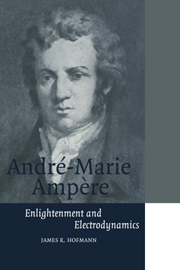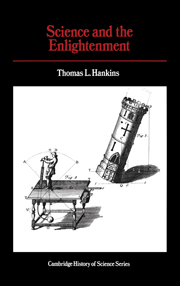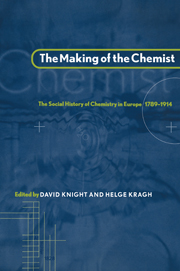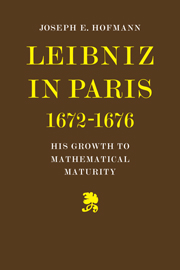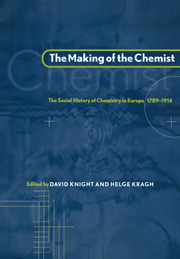André-Marie Ampère
In this authoritative biography, James Hofmann examines the extraordinary life of André-Marie Ampère, who made original, significant contributions to mathematics and chemistry and is renowned for his new branch of physics - electrodynamics. A member of the Académie des Sciences, and professor at the École Polytechnique, his accomplishments are remarkable in view of his tragic personal life. One of the elite of early nineteenth-century Parisian science, yet having no formal education, he embraced the scientific optimism of the Enlightenment, and the Catholic faith. This combination of intellectual expectation and emotional spirituality made Ampère's genius both destructive and extraordinarily creative. This, the only biography available in the English language, illuminates the scientific contributions of an individual and his epoch, and provides a fascinating insight into the workings of the scientific mind.
- The only English language biography of Ampère
- Created electrodynamics
- Coverage of the Enlightenment
Reviews & endorsements
'… a thorough and scholarly biography.' David Cahan, Nature
'André-Marie Ampère: Englightenment and Electrodynamics gives an accessible and readable account of Ampère's work and its context in which Hofmann's great enthusiasm for his subject is clearly communicated … the book is to be warmly welcomed.' C. L. Dowland-Pillinger, Ambix
Product details
October 2006Paperback
9780521566704
424 pages
228 × 152 × 28 mm
0.628kg
20 b/w illus. 1 table
Available
Table of Contents
- List of illustrations
- General editor's preface
- Acknowledgements
- Introduction
- Part I. Coming of Age (1775–1804):
- 1. Idyllic youth
- 2. Marriage and provincial life (1800–1804)
- Part II. Paris (1804–1820):
- 3. Laplacian physics
- 4. Ampère in Paris
- 5. Metaphysics: Ampère, Kant and Maine de Biran
- 6. Mathematics, chemistry and physics (1804–1820)
- Part III. Electrodynamics:
- 7. Ampère's response to the discovery of electromagnetism (1820)
- 8. Ampère's electrodynamics (1821–1822)
- 9. Defence and elaboration of the theory
- Part IV. Closing Years:
- 10. The final synopsis
- Notes
- Bibliography
- Index.

